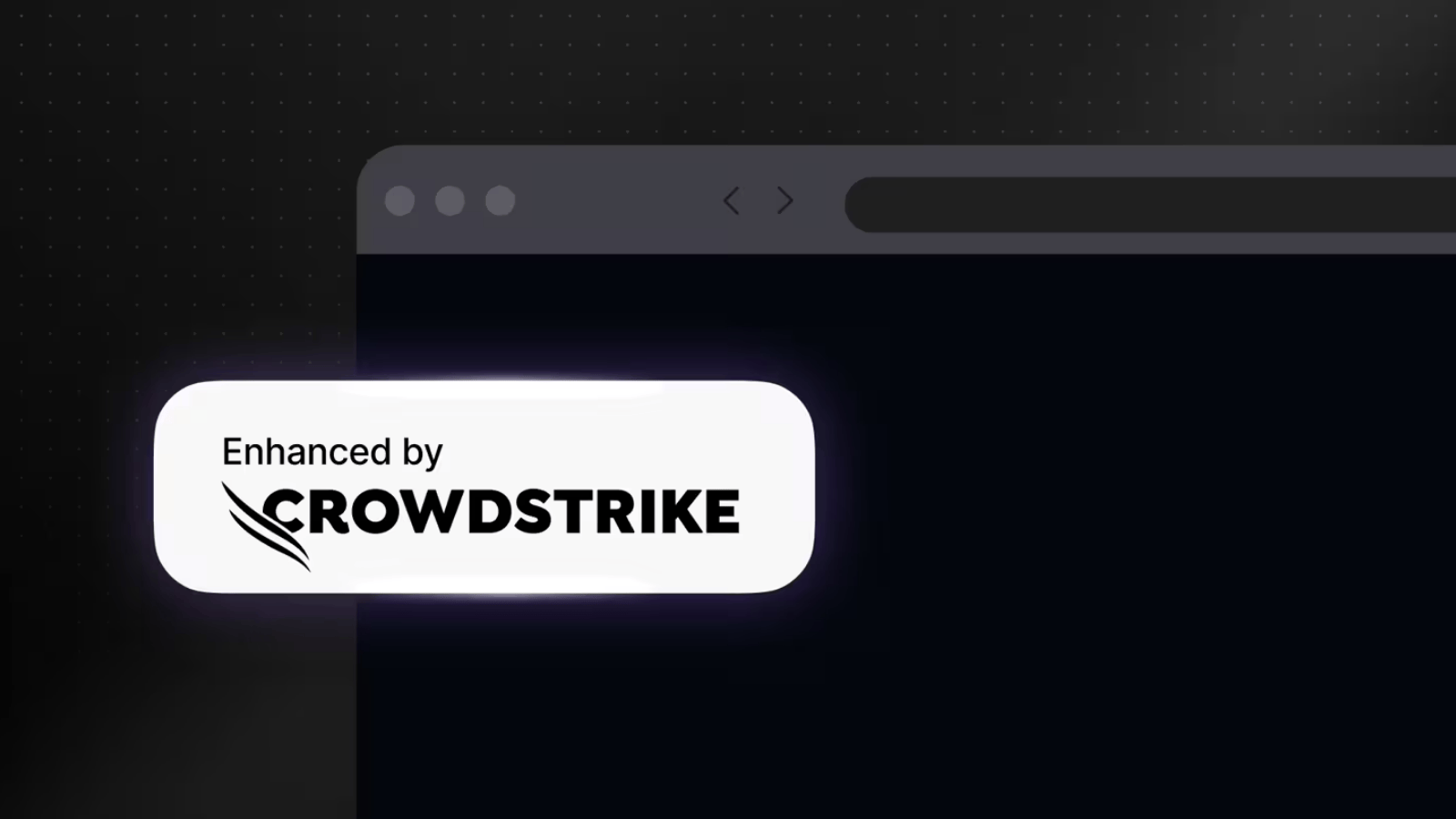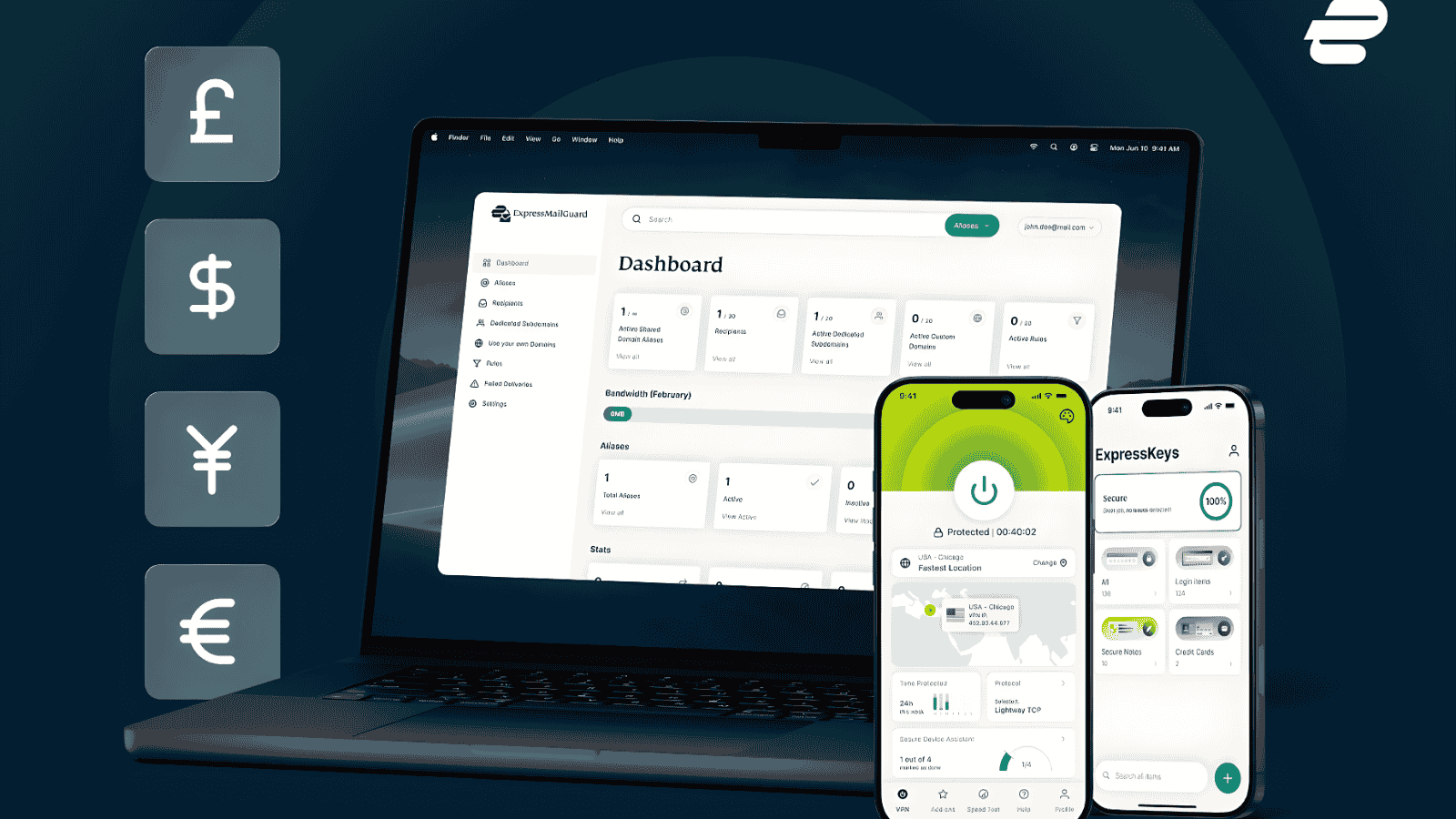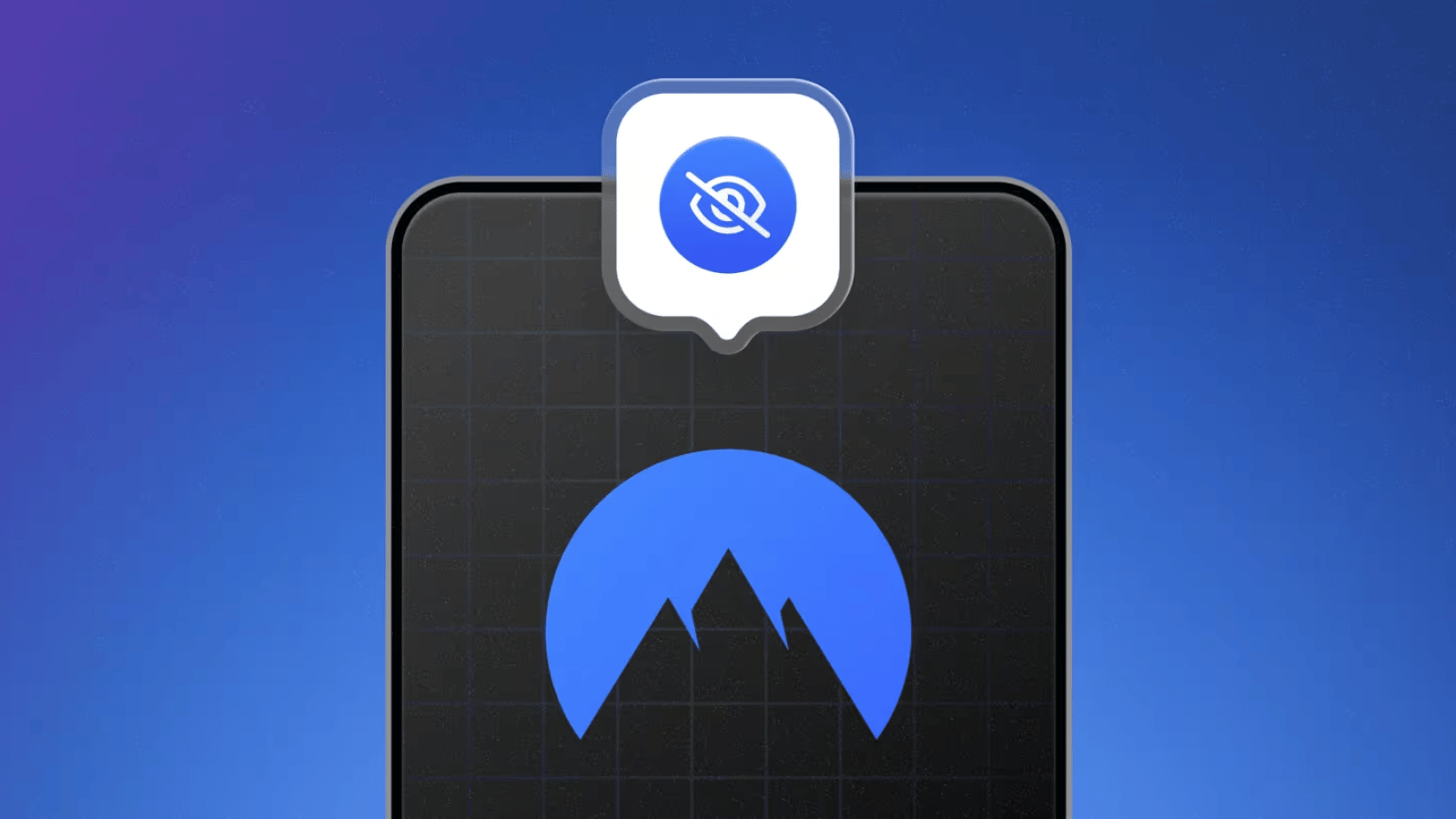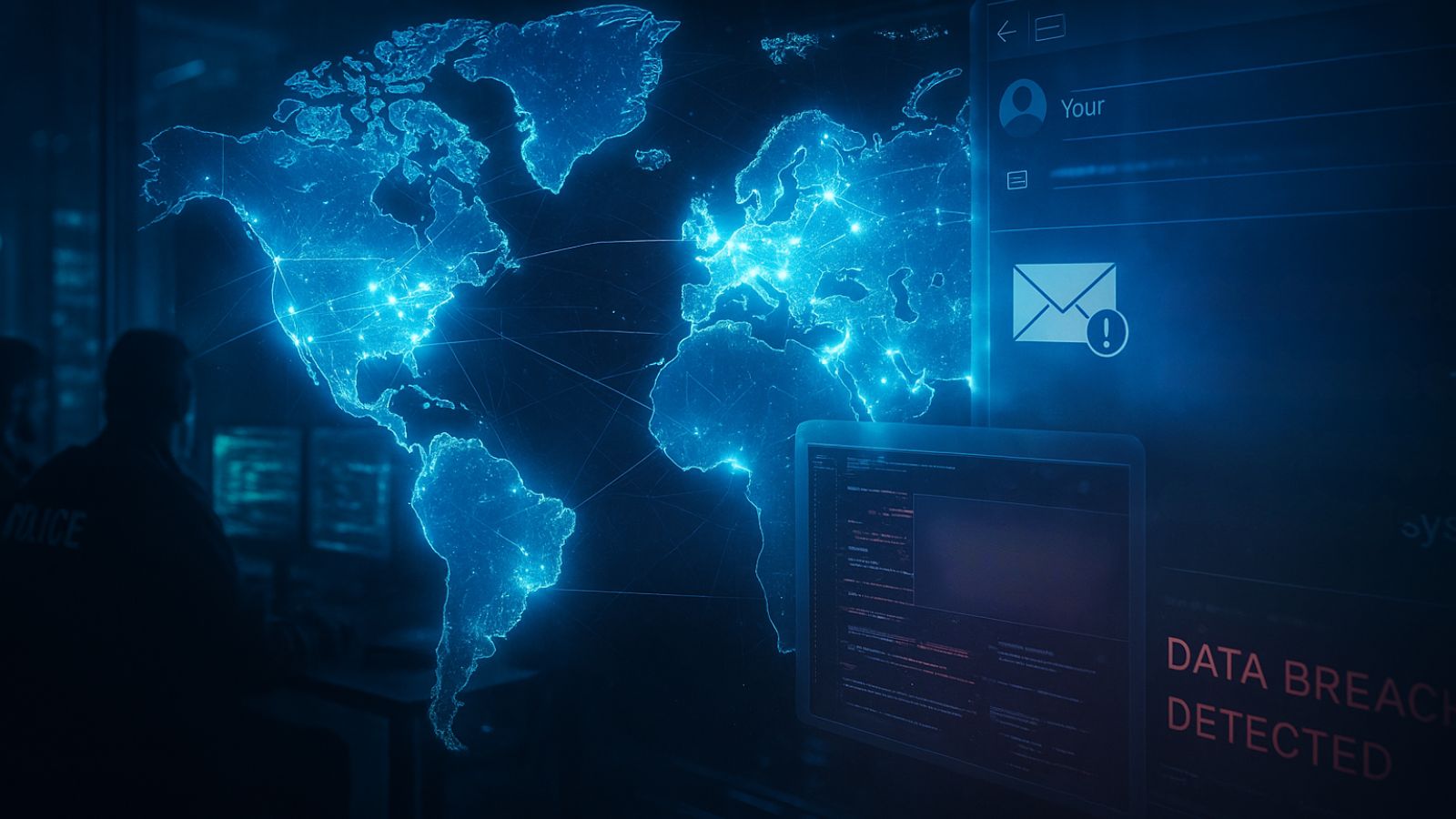
Iran Warns Citizens Against Using Free VPNs Amid Rising Demand
- Iran warns citizens against using free VPNs, citing concerns over privacy breaches and national security threats.
- VPN demand surged 707% after new restrictions and reported internet blackouts.
- Experts say some free VPNs are secure, while others may enable state surveillance.
As internet restrictions tighten in Iran, authorities are warning citizens against the use of free VPN apps, claiming they pose risks to both personal data and national security. The advisory comes as VPN demand has spiked sharply since June 13, 2025, following increased digital censorship.
In a tweet shared on June 23 by Fars News Agency, linked to Iran’s Islamic Revolutionary Guard Corps, the government stated, “More than half of free VPNs collect your very sensitive information and send it to servers abroad, without your knowledge or permission.” The post specifically called out Hola VPN, claiming it transfers user data to an Israeli-based company called Luminati.
Since mid-June, internet connectivity across Iran has been unstable. On June 18, watchdog group NetBlocks reported a near-total blackout, severely impacting online access nationwide. As a result, people have increasingly turned to VPNs in order to stay connected.
Despite this surge in usage, VPN performance within the country appears inconsistent, with many users reporting that their apps are frequently blocked or malfunctioning.
Digital rights groups and experts have long warned about the potential risks associated with free VPN services. These apps may collect user data to serve ads or sell information to third parties, and some have even been linked to malware distribution. Hola VPN, in particular, faced backlash in 2015 for selling users' idle bandwidth and gathering identifiable information.
Still, some experts say Iran’s blanket warning against all free VPNs is misleading. Simon Migliano, Head of Research at Top10VPN: “For the Iranian government to instruct its citizens to avoid ALL free VPNs is simply disingenuous.” He added, “The truth is that there are several trustworthy free VPNs, like Proton VPN and Windscribe, which employ strong security standards alongside privacy-friendly logging policies. They are completely safe to use and the Iranian government knows that very well.”
However, as per TechNadu's stance, our experts advise you to either use the best VPNs for Iran or go for free VPN trials in place of free VPNs. These trials help you access quality features for free. So you can use and see the difference for yourself.
Azam Jangrevi, an Iranian Information Security Analyst and women’s rights advocate, echoed those concerns. She pointed out that some so-called free VPNs may even be approved or distributed by Iranian authorities themselves as surveillance tools. “Iranian officials discourage free tools, citing poor encryption, data misuse, and potential ties to surveillance schemes,” Jangrevi said. “Some 'free' VPN apps may have been developed or quietly approved by authorities to monitor online behavior under the guise of privacy.”
She advised Iranians to use trusted paid VPNs with stealth features, avoid suspicious downloads, and rotate providers regularly to avoid detection.
Iran has a long history of restricting VPN access. In 2023, it ranked second only to China in terms of VPN censorship. The trend continued in 2024, with authorities banning the use of "unauthorized" VPNs without a legal permit. In May 2024, the government revived an internet bill that could place even tighter controls on VPN usage.
Despite Iran warning citizens against free VPNs, many Iranians continue to rely on VPNs to access global internet services. “Despite heavy censorship, VPN usage inside Iran has surged in response to state-imposed blackouts,” Jangrevi said. “Users report that paid VPNs with advanced obfuscation still work, though not always reliably.”










